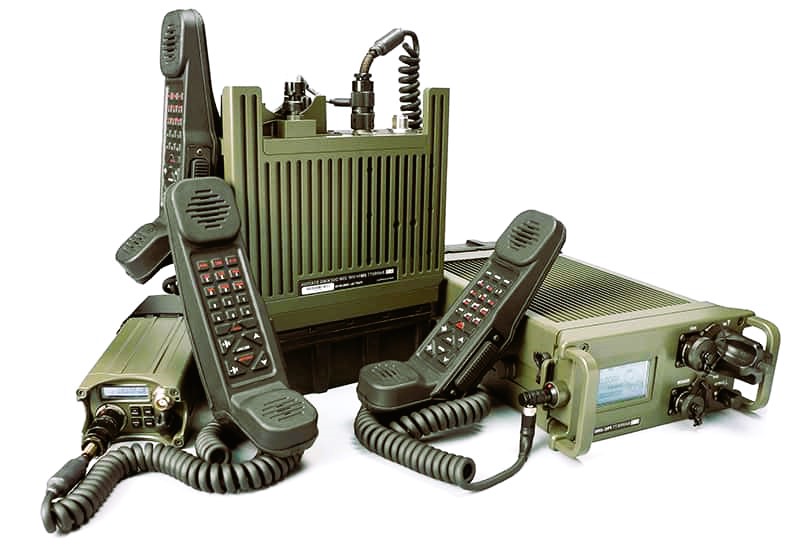Effective radio communication is a vital skill for amateur radio operators, emergency responders, and anyone who relies on two-way radio communication in their daily activities. Whether you’re a beginner or an experienced operator, honing your radio communication skills can enhance your ability to transmit and receive messages clearly and efficiently. In this article, we’ll explore some valuable tips and techniques for improving your radio communication skills, covering aspects such as voice procedure, etiquette, signal quality, and more.
1. Master the Phonetic Alphabet
Using the phonetic alphabet (Alpha, Bravo, Charlie, etc.) is essential for ensuring clear and accurate communication, especially when spelling out names, locations, or other critical information. Practice memorizing the phonetic alphabet until you can quickly recall each letter without hesitation. This skill will help eliminate confusion and misunderstandings, particularly in noisy or challenging operating conditions.
2. Adopt Proper Voice Procedure

Voice procedure refers to the standardized techniques and protocols used to convey messages over the radio. Key elements of voice procedure include:
- Clear and Concise Speech: Speak clearly and at a moderate pace, enunciating each word to ensure comprehension.
- Avoid Jargon and Slang: Use plain language and avoid technical jargon or slang that may be unfamiliar to other operators.
- Acknowledge Receipt: Always acknowledge receipt of a message by repeating key information back to the sender or using standardized acknowledgments such as “Roger” or “Copy.”
3. Practice Active Listening
Active listening is crucial for effective radio communication. Pay close attention to incoming transmissions, focusing on both the content of the message and the tone of the speaker. Avoid interrupting or speaking over other operators, and wait for an appropriate break in the conversation before responding. Taking notes can help you remember important details and ensure that you respond accurately.
4. Monitor Signal Quality
Maintaining good signal quality is essential for clear communication. Pay attention to signal strength, clarity, and any interference or background noise that may affect transmission. Adjust your radio’s settings as needed to optimize signal quality, such as adjusting the squelch level or changing frequencies to avoid interference. Antenna placement and orientation can also impact signal strength, so experiment with different configurations to find the optimal setup.
5. Practice Emergency Procedures
In emergency situations, effective radio communication can be a matter of life and death. Familiarize yourself with emergency procedures and protocols, including distress signals, emergency frequencies, and priority communication channels. Practice simulated emergency drills to ensure that you can respond quickly and confidently when faced with a real emergency situation.
6. Maintain Proper Radio Etiquette
Radio etiquette, also known as “ham etiquette,” encompasses a set of unwritten rules and customs that govern radio communication among amateur radio operators. Some key principles of radio etiquette include:
- Wait Your Turn: Avoid monopolizing the frequency or interrupting ongoing conversations. Wait for a break in the conversation before transmitting.
- Identify Yourself: Always identify yourself by your call sign at the beginning and end of each transmission, as required by regulations.
- Be Courteous: Treat other operators with respect and courtesy, even in stressful or challenging situations. Avoid engaging in arguments or heated debates over the airwaves.

7. Continuous Learning and Improvement
Like any skill, radio communication requires practice and continuous learning to improve. Stay informed about the latest developments in radio technology, regulations, and operating procedures by reading books, attending classes, and participating in radio clubs and events. Take advantage of online resources, forums, and communities to connect with other operators and share knowledge and experiences.
Improving your radio communication skills is a valuable investment that can enhance your effectiveness as an amateur radio operator and contribute to safer and more efficient communication in various contexts. By mastering the phonetic alphabet, adopting proper voice procedure, practicing active listening, monitoring signal quality, following emergency procedures, maintaining proper radio etiquette, and embracing continuous learning and improvement, you can become a more proficient and reliable communicator. Whether you’re communicating for recreational, professional, or emergency purposes, applying these tips will help you convey messages clearly, accurately, and with confidence over the airwaves.

